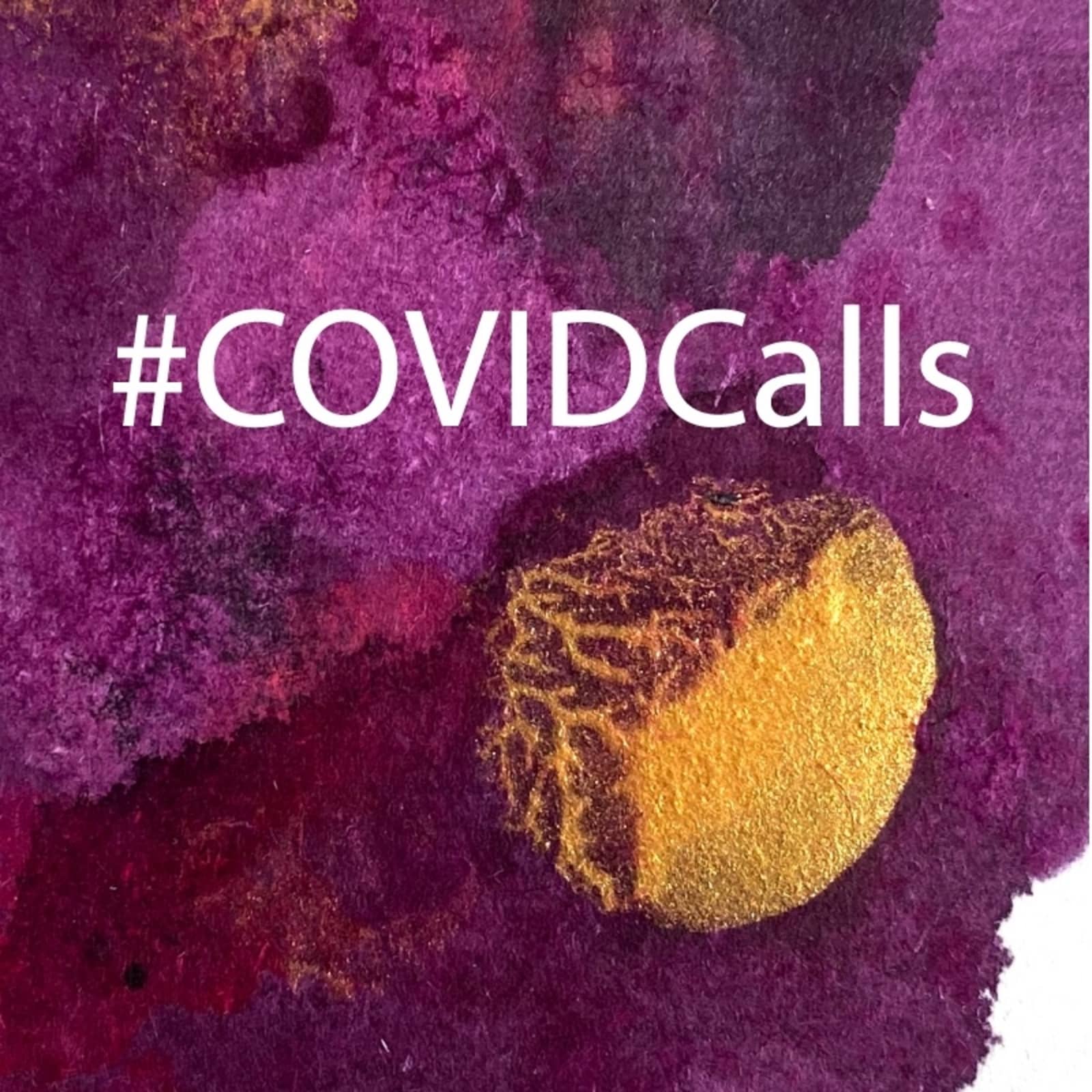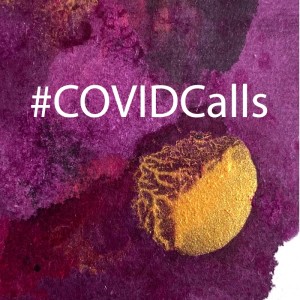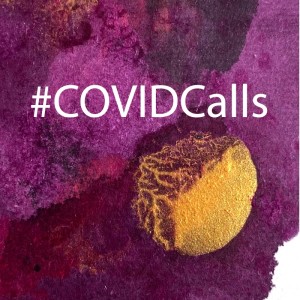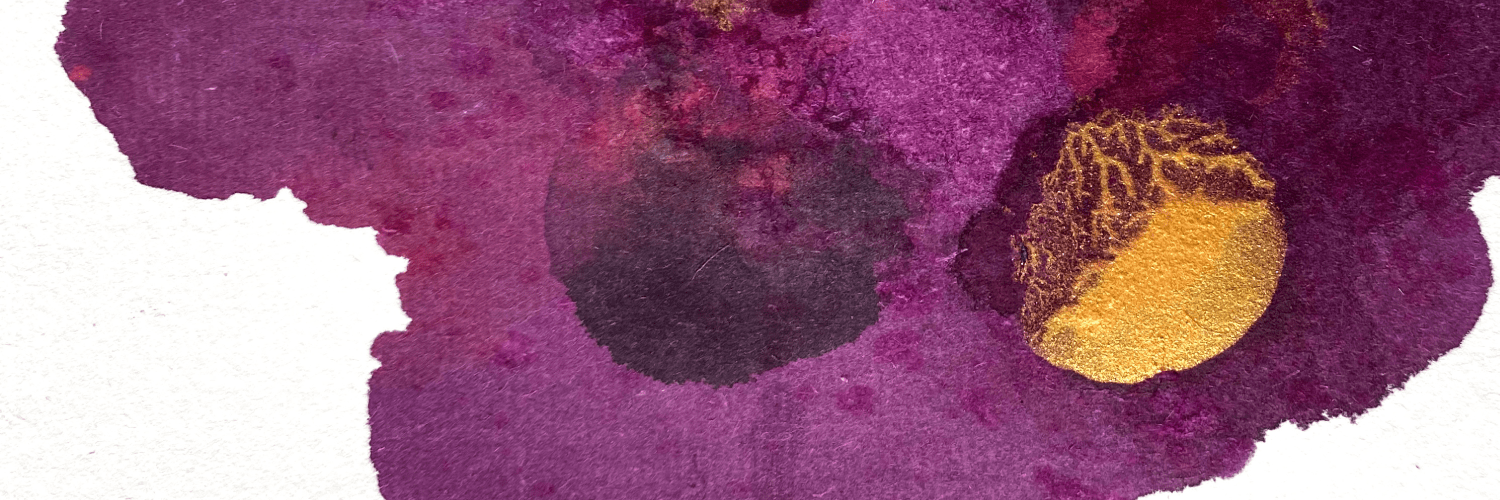
56K
Downloads
504
Episodes
A daily discussion of the COVID-19 pandemic with a diverse collection of disaster experts - hosted by Dr. Scott Gabriel Knowles, a historian of disasters at KAIST in Daejeon, South Korea.
A daily discussion of the COVID-19 pandemic with a diverse collection of disaster experts - hosted by Dr. Scott Gabriel Knowles, a historian of disasters at KAIST in Daejeon, South Korea.
Episodes

Monday Jun 01, 2020
#22 COVIDCalls 4.14.2020 - Disaster Victims & Memorials
Monday Jun 01, 2020
Monday Jun 01, 2020
What is the future of COVID-19 memory? Will there be a memorial to remember the lives lost and honor the heroes during the COVID-19 Pandemic? What would memorials to COVID-19 look like, and what role will the politics of the pandemic play in them?
Dr. Jay Aronson, professor of science, technology, and society in the department of history and founder for the Center of Human Rights Science at Carnegie Mellon University, and Dr. Adia Benton an associate professor of anthropology at Northwestern University, discuss how memorialization factors into their work on 9/11 and HIV in Sierra Leone (respectively), and possible futures of COVID-19 memorialization. Dr. Benton talks about her work on Sierra Leone and the memory politics of AIDS, Civil War, and Ebola. Dr. Aronson talks about the debates surrounding memorializing 9/11 at ground zero. They both talk about how international, regional, and local politics can overlap in memory spaces and how survivors and bereaved families can feel left out of the memorial process. They also discuss how the fractured politics of the pandemic might affect the form and message of COVID-19 commemorations.
For further reading:
HIV Exceptionalism: Development through Disease in Sierra Leone
Memories of the Slave Trade: Ritual and the Historical Imagination in Sierra Leone
Who Owns the Dead?: The Science and Politics of Death at Ground Zero

Monday Jun 01, 2020
Monday Jun 01, 2020
How can we effectively communicate about the risk of compound disasters during the continuing pandemic as the United States also enters hurricane, storm, and wildfire season? What is the state of the pandemic in Philadelphia?
Dr. Esther Chernak, professor at the Drexel University School of Public Health, rejoins to update listeners on the state of COVID-19 cases, testing capacity, mitigation measures, and the stress on the healthcare system in Philadelphia as of April 13, 2020. Dr. Howard Kunreuther, James G. Dinan Professor Emeritus of Decision Sciences and Public Policy and co-director of the Wharton Risk Management and Decision Processes Center at the Wharton School, University of Pennsylvania, also discusses the importance of communicating catastrophic risk. Dr. Kunreuther talks about the difficulties of communicating about the risk of low probability/high consequence events like COVID-19 and the opportunity the pandemic provides to get people to pay attention to similar global risks. In particular, he explains the ways exponential curves, myopia, simplification and more can hinder risk perception and communication. He connects COVID-19 to other global risks like climate change and examines how we face similar challenges in responding to these disasters. He advocates for better leadership as one vital tool for facing the future and for young researchers to “take advantage of the disaster” as a chance to make changes.
For further reading:
“At Least 29 Are Killed as Tornadoes and Severe Weather Strike Southern States”
“What the Coronavirus Curve Teaches Us About Climate Change”

Monday Jun 01, 2020
#20 COVIDCalls 4.10.2020 - Pandemics in History II
Monday Jun 01, 2020
Monday Jun 01, 2020
What can history teach us that prepares us for COVID 19? What are the issues with asking historians to provide us with concrete advice from imperfect and incomplete historical examples?
Julia Engelschalt, a doctoral candidate in history at Bielefeld University, and Dr. Jacob Remes, a professor of history at New York University’s Gallatin School of Individualized Study and Director of the Initiative for Critical Disaster Studies, both discuss how their own work on historical disasters informs their understanding of COVID-19. In particular Engelschalt and Dr. Remes both talk about how their work intersects with the history of public health in 20th century America. They both discuss what an archive of COVID-19 might look like in the future, the challenges historians will face when accessing information from this time, and how inequality will affect what stories are available to historians. They both speculate on how historians of the future will periodize COVID-19 and when the pandemic will be considered “over.”
For further reading:
Disaster Citizenship: Survivors, Solidarity, and Power in the Progessive Era
Seismic City: An Environmental History of San Francisco’s 1906 Earthquake
Sympathetic State: Disaster Relief and the Origins of the American Welfare State

Monday Jun 01, 2020
#19 COVIDCalls 4.9.2020 - Disaster Research in a Time of Crisis w/ Lori Peek
Monday Jun 01, 2020
Monday Jun 01, 2020
How does the backlash against Asian Americans, especially those of Chinese descent, during COVID-19 parallel backlashes against other minority groups that followed events like 9/11 and Hurricane Katrina? What is the role of researchers during disaster events like COVID-19?
Dr. Lori Peek, professor of sociology and Director of the Natural Hazard Center at University of Colorado-Boulder, discusses patterns of post-disaster backlash violence and the importance of funding transdisciplinary disaster research. Dr. Peek talks about her work on anti-Muslim backlash following 9/11 and it it relates to current anti-Asian violence, the difficulty of researching backlash violence, and how to balance psychological and historical explanations for backlash responses to disasters. She also discusses the history, mission, and ongoing work of the Natural Hazard Center. Dr. Peek argues that the pandemic could be a pivotal moment for social science research on disasters, encouraging the funding of new work and the rediscovery of existing work.
For further reading:
Behind the Backlash: Muslim Americans after 9/11
“The Continuing Significance of Race: Antiblack Discrimination in Public Spaces”
Lessons of Disaster: Policy Change after Catastrophic Events

Monday Jun 01, 2020
#18 COVIDCalls 4.8.2020 - Emergency Management Update & COVID-19 and Crime
Monday Jun 01, 2020
Monday Jun 01, 2020
What role do the police have in public health crises? How have crime patterns shifted in the wake of shelter-in place orders? What is the state of the pandemic from the point of view of emergency managers in early April 2020?
Dr. Samantha Montano, assistant professor in Emergency Management at Massachusetts Maritime Academy (formerly University of Nebraska-Omaha), rejoins to discuss the lack of a coordinated response to the pandemic, the frustration felt by emergency managers, and the mixed messages from the federal government as of April 2020. Dr. Robert J. Kane, professor and head of the Department of Criminology and Justice Studies at Drexel University, discusses how the pandemic intersects with crime and policing. Dr. Kane discusses the difficulties of collecting crime data in the early pandemic and the rise of crimes within the household (such as domestic violence) during shelter-in-place orders. Dr. Kane also explains the role of the Police in enforcing public health measures, as well as the potential roles they could play in the pandemic outside of a traditional enforcement rubric. He talks about the ways in which police in America are in danger from the virus, but also how police practices themselves can hinder public health efforts.
On this episode musicians Adam Schlesinger, Ellis Marsalis Jr., John “Bucky” Pizzarelli, and John Prine are remembered after passing from COVID-19.
For further reading:
“New York Police Fight Coronavirus in Department as 1 in 5 Go Out Sick”

Monday Jun 01, 2020
#17 COVIDCalls 4.7.2020 - Disaster, Resilience, & Data
Monday Jun 01, 2020
Monday Jun 01, 2020
What are the social factors that shape people’s understanding of disaster? What ties communities together and helps them remain strong, cope, and recover? What are the data that help us understand how people support each other during crisis?
Dr. Daniel P. Aldrich, full professor of political science and Director of the Security and Resilience Studies Program at Northeastern University and Dr. Robert Soden, assistant professor of computer science at University of Toronto (formerly a postdoctoral researcher at Columbia University), each discuss their work on social capital and crisis informatics, respectively. Dr. Aldrich defines social capital as the ties that bind us to other people, argues that these ties are one of our most important resources in a disaster, and explains how physical distancing mitigations during COVID-19 might affect them. Dr. Soden discusses the reemergence of mutual aid during the pandemic, how mutual aid groups are using technology, and mutual aid point of departure for crisis informatics research. Both bring in their research on past disasters in places like Haiti, Nepal, and Japan to contextualize grassroots and policy responses to COVID-19. Together they see the pandemic as a pivotal moment that could shift awareness of Climate Change and bring people into the field of disaster studies.
For further reading:
Building Resilience: Social Capital in Post-Disaster Recovery

Monday Jun 01, 2020
#16 COVIDCalls 4.6.2020 - Disaster Researchers' Roundtable
Monday Jun 01, 2020
Monday Jun 01, 2020
How is the disaster of COVID-19 impacting how early career disaster researchers are approaching their own research? How will academia in general react to the crisis and how will that affect graduate students and early career researchers?
Dr. Nnenia Campbell, a research associate at the Natural Hazards Center of University of Colorado-Boulder, Dr. Ryan Hagen, a postdoctoral scholar in Sociology at Columbia University, Dr. Yeonsil Kang, a visiting assistant professor in History at Drexel University Zachary Loeb, a PhD Candidate in History and Sociology of Science at University of Pennsylvania, and Valerie Marlowe, Assistant Director of Archives and Collections at the Disaster Research Center of University of Delaware, all rising disaster researchers discuss how COVID-19 has affected their ongoing work. The roundtable talks about how disaster researchers and academics can prove their value beyond the classroom. The researchers discuss how academic work can be applied, communicated, and used to raise awareness. They also talk about the ethics and practicalities of doing research while the COVID-19 crisis is ongoing.
For further reading:
The Monster at Our Door: The Global Threat of Avian Flu

Monday Jun 01, 2020
#15 COVIDCalls 4.3.2020 - Part 2 - Pandemic Perspectives: South Korea
Monday Jun 01, 2020
Monday Jun 01, 2020
Part Two:
What accounts for the starkly different pictures of the pandemic in various nations and what can we learn from the example of South Korea? How was South Korea able to respond and, as of April 2, 2021, report only 174 deaths due to COVID-19?
Dr. Seung-sik Hwang, a professor of epidemiology at Seoul National University, and Dr. Chihyung Jeon, an associate professor and department head at the Graduate School of Science and Technology Policy at the Korean Advanced Institute of Science and Technology (KAIST), both discuss South Korea’s comparative success in responding to COVID-19 and the lessons it offers the United States. Together they discuss the success of the testing and contract tracing regime in South Korea, particularly around the case of “Patient 31” in the city of Daegu. Also discussed is how the experience of the Sewol Ferry disaster in 2014 and MERS Outbreak in 2015 in South Korea affected the government’s response to COVID-19. Ultimately Dr. Hwang emphasizes the importance of testing and contract tracing for preserving the healthcare system in a given country. Dr. Jeon also explains the inseparability of science and politics and the need to think about their relationship wisely during a crisis.
For further reading:
“What We Can Learn from the Korean Response to COVID-19”
“How a South Korean church helped fuel the spread of the coronavirus”

Monday Jun 01, 2020
#15 COVIDCalls 4.3.2020 - Part 1: Pandemic Politics w/ Julian Zelizer
Monday Jun 01, 2020
Monday Jun 01, 2020
Part One:
With the 2020 presidential primary season underway in the United States, how might the pandemic affect the presidential election later in the year and the longer trajectory of American politics?
Dr. Julian Zelizer, a professor of History and Public Affairs at Princeton University and CNN contributor, discusses the politics of COVID-19 during a presidential election year in the United States. Dr. Zelizer evaluates the Trump administration’s pandemic response and its possible political ramifications. He also discusses the still unsettled Democratic primary and the challenges the virus poses to campaigning, messaging, and voting. Talking from a historical perspective Dr. Zelizer discusses how the pandemic may change the presidency and what effect, if any, COVID-19 may have on partisan polarization.
For further reading:
“How to protect the 2020 elections from the coronavirus crisis”

Monday Jun 01, 2020
Monday Jun 01, 2020
How is ageism influencing debates over whether or not to “re-open” the nation amidst rising infections and economic fall out? What does caring for the elderly during the pandemic look like during the early pandemic? How is COVID-19 affecting how and what we communicate with those closest to us?
Bernadette McBride, a registered nurse practitioner specializing in geriatric family practice and owner of Legacy Management and Tranquility Life Care, Dr. Sara McBride a Mendenhall Fellow at the US Geological Survey, and Dr. Yvonne Michael, associate professor of epidemiology and biostatistics at the Drexel Dornsife School of Public Health, discuss intergenerational dynamics in the pandemic and the effect of COVID-19 on the eldery. The group discusses the particular challenges facing the eldery during COVID-19 and the tension between the dangers of social isolation and the need to social-distance to prevent infections in vulnerable populations, like those in nursing homes. Dr. McBride talks about the difficulty of disaster communication and public trust during a time when the facts on the ground are changing quickly, especially in diverse populations. The conversation ranges from the population level, discussing the elderly as a vulnerable population, to the personal level, where the experts talk about the conversations they’ve been having with their friends, family, and coworkers about how to prepare for the potential effects of COVID-19.
For further reading:
